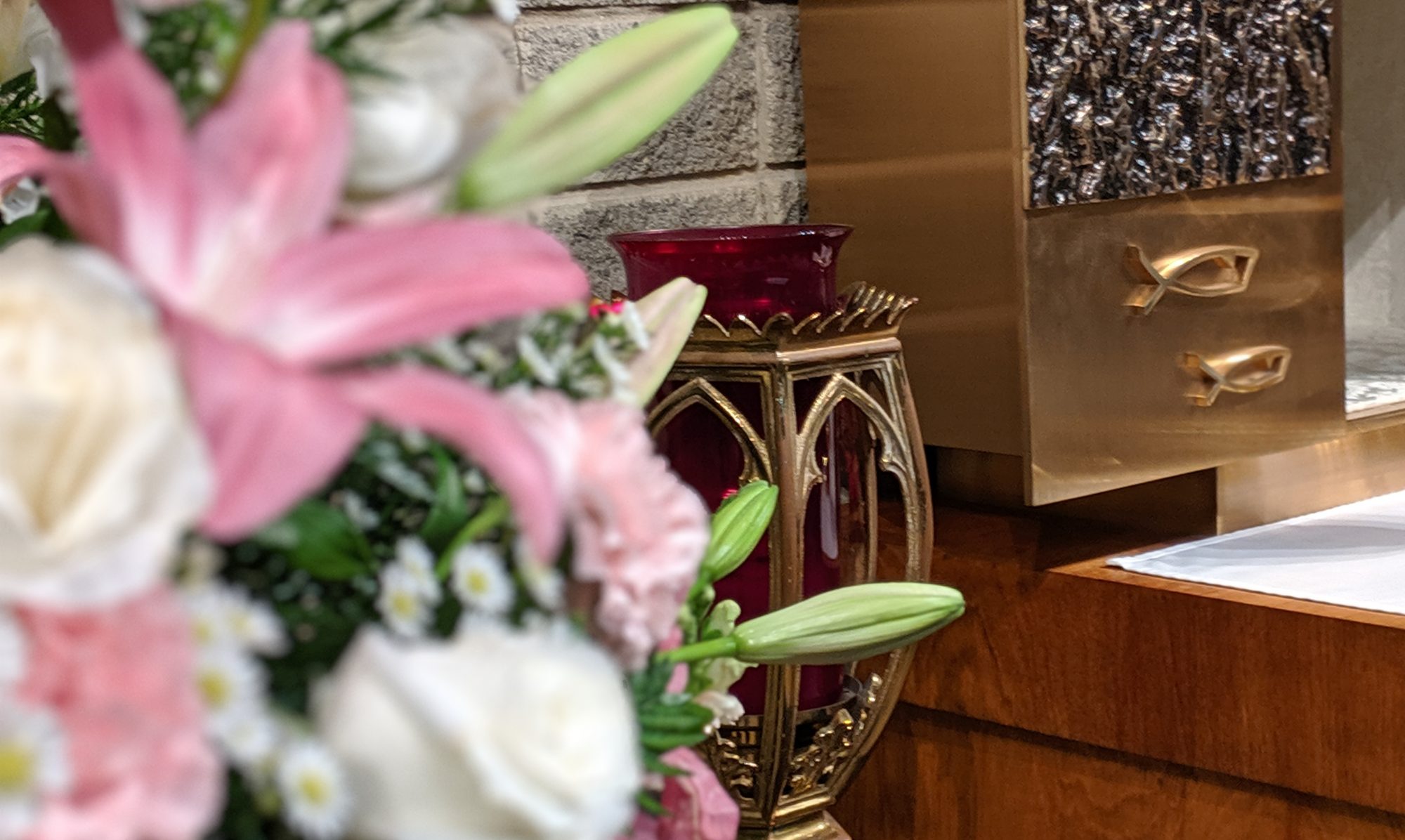There is a charming little village in Ireland called Fore which, in Irish Folklore, has seven wonders associated with it: The Tree that will not burn, the Mill without a mill race, the Water which flows uphill, the Water which will not boil, the Monastery built on a bog, A stone lintel raised by St. Fechin’s prayers, and the Anchorite in a Stone. You can go online and look up the meaning of each of these “wonders” by typing in “The seven wonders of Fore.” However, local legend has added an eight wonder, the wall that moved.
From my unprofessional interpretation of what I have witnessed in my life it seems to me that the selfish are never satisfied. This is a general rule. It really doesn’t matter what we are seeking – the selfish person never finds fulfillment, never has enough. In marriages the selfish person turns the other person into an object or a servant to satisfy his/her needs; in seeking financial gain there is no point when a selfish person says – “it is enough”; in politics or power a selfish person always seeks their own good while promising the good of others – but rarely providing what they promise. In life the selfish person sees all others, all opportunities, all situations, all circumstances in life, as opportunities for themselves to being fulfilled, complete, the top, the best. But they never find completion or fulfillment. Much of the time they are left feeling alone, empty, abandoned and pointless – in spite of all they have. Jesus once said: “What does it profit a man if he gains the whole world.”
It seems to me that Jesus is always trying to get us to change our perspective and preoccupation with ourselves. Serve rather than be served, give rather than receive, forgive seventy times seven times, search and you will find, there is a general sense that we are called to live generously and that living generously will bring its own reward. Any married person can tell you that the fastest way to failure in marriage is selfishness on the part of one of the spouses. I can’t tell you how many times people have spoken to me about how they hate the place where they work as it is full of resentment, gossip, mean-spiritedness, and hostility. Generally, they are describing a place where there is no generosity or compassion, no sense of living to help the other, or a genuine sense of seeking what is best for the other. Generosity blesses a marriage, a home, a community, a place of work, a parish, a person’s life.
Jesus says that true blessing comes from caring for others first, seeking their good first, giving rather than receiving is the better path and leads to a richer life and richer rewards. What’s the point in inheriting the things of this world but being miserable because the things of this world can’t fulfill us? Seek to serve not to be served – this is the key to a truly fruitful life.
In today’s readings the prophet Isaiah tells us to seek the Lord God while He might be found. And where is God to be found, in mercy, in generosity, in forgiveness. In fact, God will grant mercy to the wicked if they turn to Him. How do we turn to the Lord, when we ourselves show mercy, forgiveness, and generosity. To reinforce the message Jesus tells the very strange parable of the workers in the vineyard. The story is not about who got paid what and if this was justice, or fairness. It is an insight into the generosity of God toward all of us. After all, who can repay God for any offense committed against Him? What would we pay, how much, for how long? It would be impossible for us and so we could never be saved. But God Himself paid the price for our redemption – He gave His Son to save His sons and daughters, His children. It’s hard to comprehend this sort of mercy, generosity, and love as the prophet Isaiah said of God: “For my thoughts are not your thoughts, nor are your ways my ways, says the LORD. As high as the heavens are above the earth, so high are my ways above your ways and my thoughts above your thoughts.” It seems God moves a wall, not to exclude us, but to include us. He asks us to do the same for each other. For mercy is a gift freely given, not a prize won or earned.
